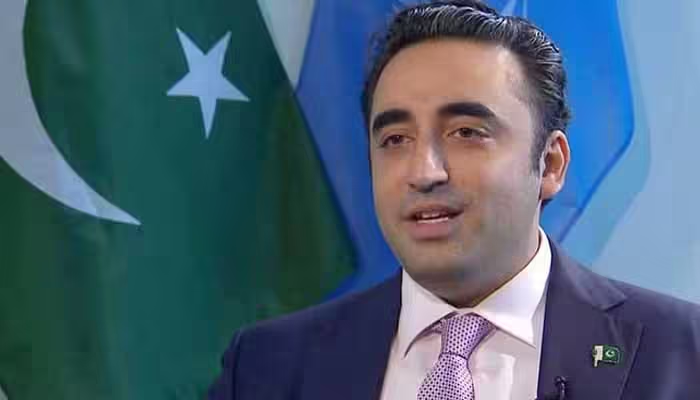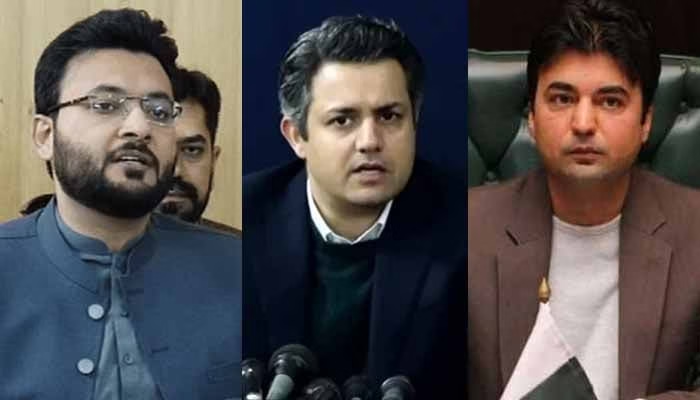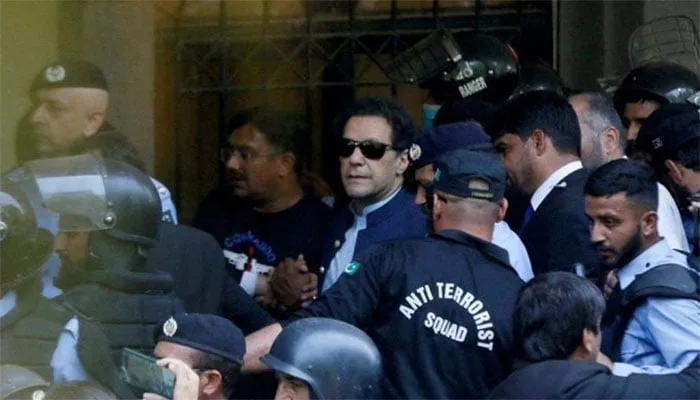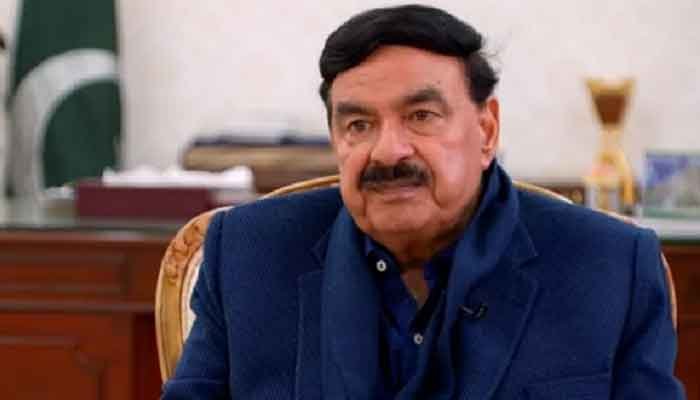In a recent interview with the British Broadcasting Corporation (BBC), Pakistan People’s Party (PPP) Chairman Bilawal Bhutto Zardari shared his thoughts on the political dynamics surrounding Pakistan’s judiciary and the 26th constitutional amendment. Bilawal revealed that he was unaware that Justice Mansoor Ali Shah would not ascend to the position of Chief Justice of Pakistan, shedding light on the uncertainty and complexities in the nation’s legal and political landscape.
Unanticipated Changes in the Judiciary
Bilawal Bhutto Zardari, a prominent political figure and heir to one of Pakistan’s most influential political families, expressed his surprise over the judiciary’s changing leadership. He admitted, “I did not know that Mansoor Ali Shah would not become the Chief Justice.” This statement underscores the unpredictable nature of judicial appointments in Pakistan, where political and legal considerations often overlap.
Justice Mansoor Ali Shah is widely regarded as one of the most progressive and reform-oriented judges in the country. His absence from the position of Chief Justice has sparked discussions among political circles and the public alike. Many believed that his appointment would have brought significant changes to Pakistan’s judiciary, particularly in terms of judicial activism and reform. However, Bilawal’s remarks suggest that even political leaders may not always be privy to the inner workings of judicial appointments.
The 26th Constitutional Amendment: A Missed Opportunity?
During the interview, Bilawal Bhutto Zardari also touched upon the 26th constitutional amendment, a pivotal issue in Pakistani politics. He noted that this amendment was a massive undertaking and suggested that its success might have been more feasible under a different Chief Justice. He stated, “Such a big task as the 26th constitutional amendment was not possible in the presence of any other Chief Justice.”
The 26th amendment, which aimed to address various constitutional issues, including provincial representation and judicial powers, faced significant hurdles. Bilawal’s comments indicate that political leaders saw the opportunity for comprehensive constitutional reform but were hindered by institutional limitations. His acknowledgment of these challenges highlights the delicate balance between the judiciary and the legislative branches in Pakistan’s democratic system.
Political Strength and Democratic Commitment
Bilawal Bhutto Zardari also addressed the political strength of the Pakistan People’s Party during this crucial period. He confidently remarked, “Our numbers were complete without Maulana Fazlur Rehman, and our numbers were complete even without the input of the opposition.” This statement reflects the PPP’s position of strength within the political landscape, suggesting that the party had sufficient support to push through constitutional reforms independently.
However, despite this strength, Bilawal emphasized his commitment to democratic principles. “We could have made the constitution of our choice, but the procedure of PPP has been, if the promise of democracy is to be fulfilled, then I do not want a forced vote,” he said. This statement underscores the PPP’s approach to governance, where the party seeks consensus and avoids imposing decisions through coercion. Bilawal’s stance demonstrates a respect for democratic norms, even when political power could have allowed for more unilateral action.
Criticism and Constitutional Evolution
Bilawal Bhutto Zardari also touched on the criticism faced by constitutional changes in Pakistan, drawing parallels between the 1973 constitution and more recent amendments. He noted that when the 1973 constitution was passed, it faced significant opposition, as did the 18th amendment, which was a landmark reform during the PPP’s government. “The same people are now criticizing this amendment,” Bilawal remarked, pointing out the cyclical nature of political criticism in Pakistan.
He also addressed the rhetoric used by the Pakistan Tehreek-e-Insaf (PTI) party, particularly their focus on Form 47. Bilawal quipped, “PTI people are saying Form 47, we used to say selected, you will believe it. I am neither Form 47 nor selected.” This statement is a direct response to the PTI’s criticism of election processes and alleged rigging. Bilawal’s reference to “selected” is a nod to the PPP’s long-standing critique of PTI leadership, accusing them of being propped up by non-democratic forces.
Allegations of Military Influence
One of the most significant accusations against the PPP in recent years has been its alleged alignment with the military establishment. Bilawal Bhutto Zardari firmly denied these claims during the interview, stating, “The allegation that PPP is doing the army’s imperialism is false.” He went on to clarify that his adherence to the Charter of Democracy, a landmark agreement between Pakistan’s major political parties, was motivated by his mother, the late Benazir Bhutto, rather than the establishment. “I followed the charter of democracy not on the advice of the establishment but on the advice of my mother,” Bilawal explained.
This statement reaffirms Bilawal’s commitment to democratic principles and the legacy of his mother, who was a staunch advocate for civilian supremacy and democratic governance. Bilawal also took a subtle dig at the PTI, noting that its founder, Imran Khan, is now facing the consequences of his past actions. “The founder PTI is suffering what he is suffering today,” Bilawal remarked, hinting at the political troubles that Imran Khan has faced in recent times.
Bilawal Bhutto Zardari’s interview with the BBC offers a rare glimpse into the political and judicial complexities of Pakistan. His reflections on Justice Mansoor Ali Shah’s missed opportunity to become Chief Justice, the challenges of passing the 26th constitutional amendment, and the PPP’s commitment to democratic principles highlight the intricate balance between politics and the judiciary in Pakistan. Despite facing criticism and allegations, Bilawal remains steadfast in his belief in democracy and the legacy of his party, positioning the PPP as a key player in the nation’s evolving political landscape.



